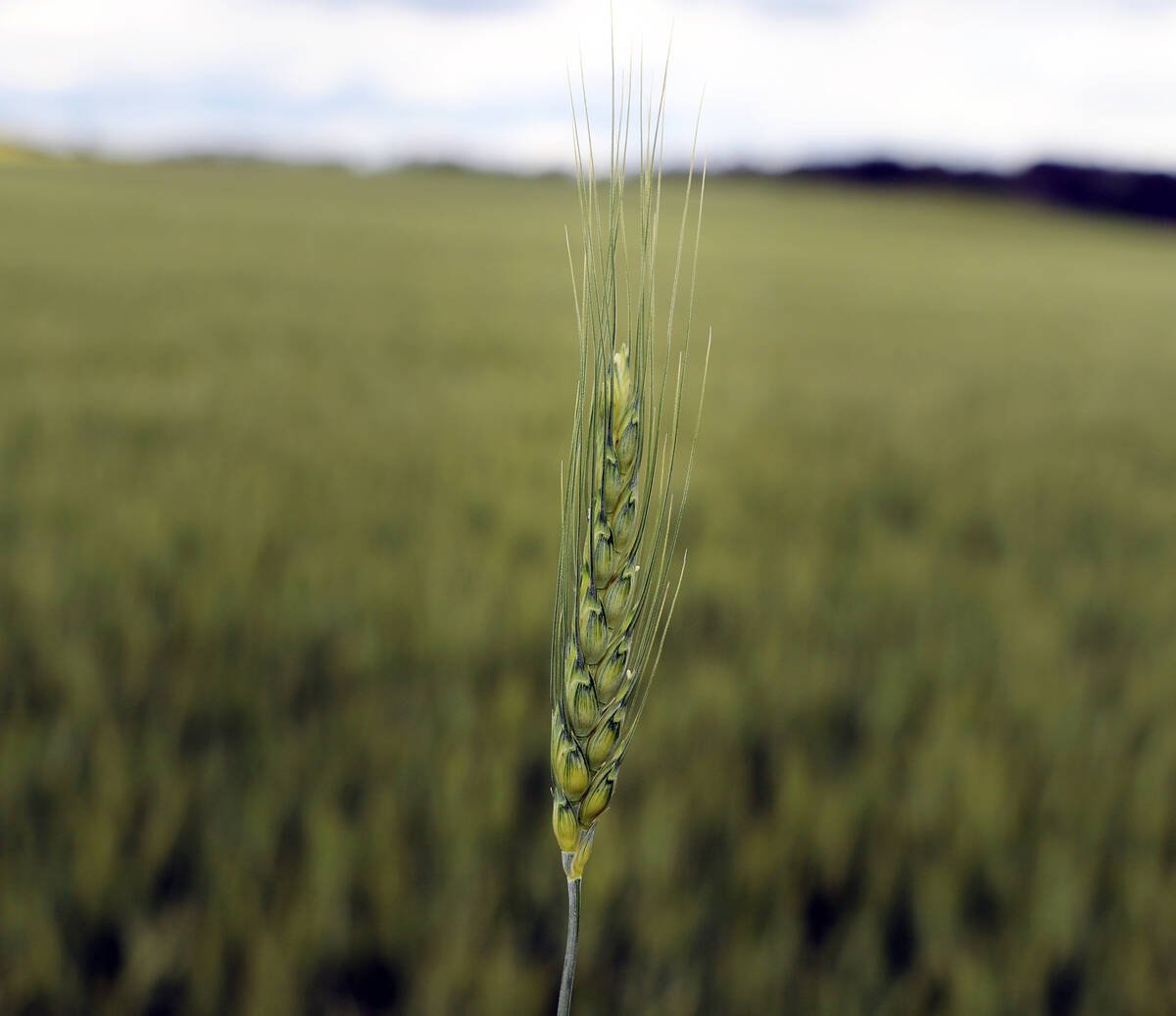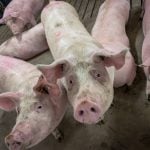LLOYDMINSTER, Sask. – Mocha isn’t all that happy at being woken up in the middle of the day.
The two-year-old porcupine lets Wallace Sauve know that, quite vocally, even as he snuggles into Sauve’s arms for a trip outside his pen at the Border City Petting Zoo.
Sauve bottle-fed Mocha after he was rescued from a forest fire when he was one month old.
It’s a myth that touching the quills will cause the porcupine to throw them. Still, Sauve cautions children not to touch Mocha even as they crowd around the rodent Sauve has placed on a picnic table.
Read Also

Wheat markets are under duress
Two of Canada’s top wheat buyers have agreed to significantly ramp up their purchases from the United States.
Mocha’s zoo-mates include everything from Pepe Le Pue, an appropriately named skunk, to Shrek the alligator and Mojo, a bobcat rescued from a fur farm where he was a breeder.
Sauve has rescued white-tailed deer fawns from game farms and bison calves from mothers going to slaughter.
He has also bought reptiles from other zoos and obtained domestic farm animals from nearby farms. There are 42 types of animals and birds in total.
This is the fifth year that Wallace and Boni Sauve have operated Border City.
About 12,000 people visit the zoo during its five-month season from May through September, and they’ve come from countries around the world.
“It’s a passion,” Sauve said to explain why the couple established the zoo along the Yellowhead Highway just east of Lloydminster next to Husky Oil’s upgrader.
He worked previously as a school caretaker and was in retail, but owning a licensed zoo was a dream.
The entire family is involved. The Sauves’ three grown sons help clean pens. Wallace’s dad provides horse-drawn wagon rides and his mother operates the gift shop. Sauve said they can make a living, but they’re adding other things like showers and underground wiring to make camping an option and bring in more revenue.
His real reward, he said, is seeing the fascination on children’s faces.
“This is what kids remember,” he said as a group of Grade 2 students from Lloydminster run around the zoo.
Sauve added he tries not to get too attached to any of the animals, because some do get sick and die or have to be put down, but Mocha is a clear favourite.
“His mom was killed in a forest fire so I bottle-raised him,” he said.
“He used to sleep splayed out on my chest. We go for walks and play wrestle.”















